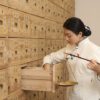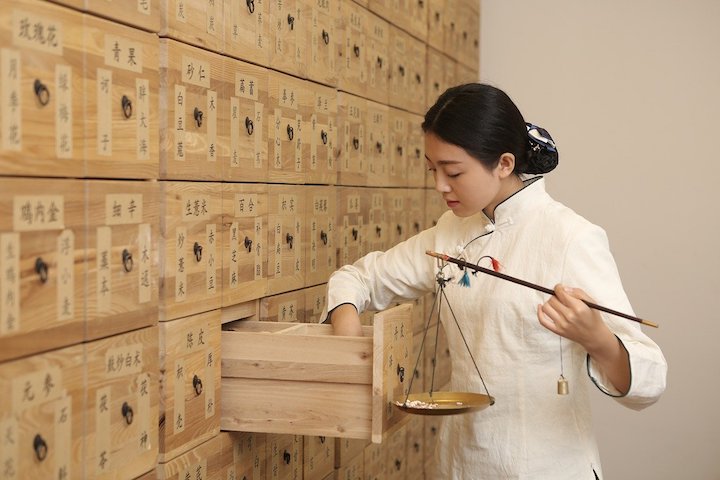
by Rachel Au (Originally published in August 2020, updated in June 2025) Traditional Chinese Medicine stands by the practice of eating with the seasons. As the Chinese saying 不時不食 goes (pronounced “bud si bud sik” in Cantonese), foods that are not in season should not be eaten. Eating foods that are in season have multiple benefits. Fruits and vegetables will taste better, grocery shopping will cost less, and the environment will fare better. Traditional Chinese medicine has its own arguments for eating with the seasons as well. Ancient Chinese medical practitioners found out that our dietary requirements change with the seasons, as our bodies have varying needs depending on the weather and climate. With summer being hot in most countries, ...
Read more
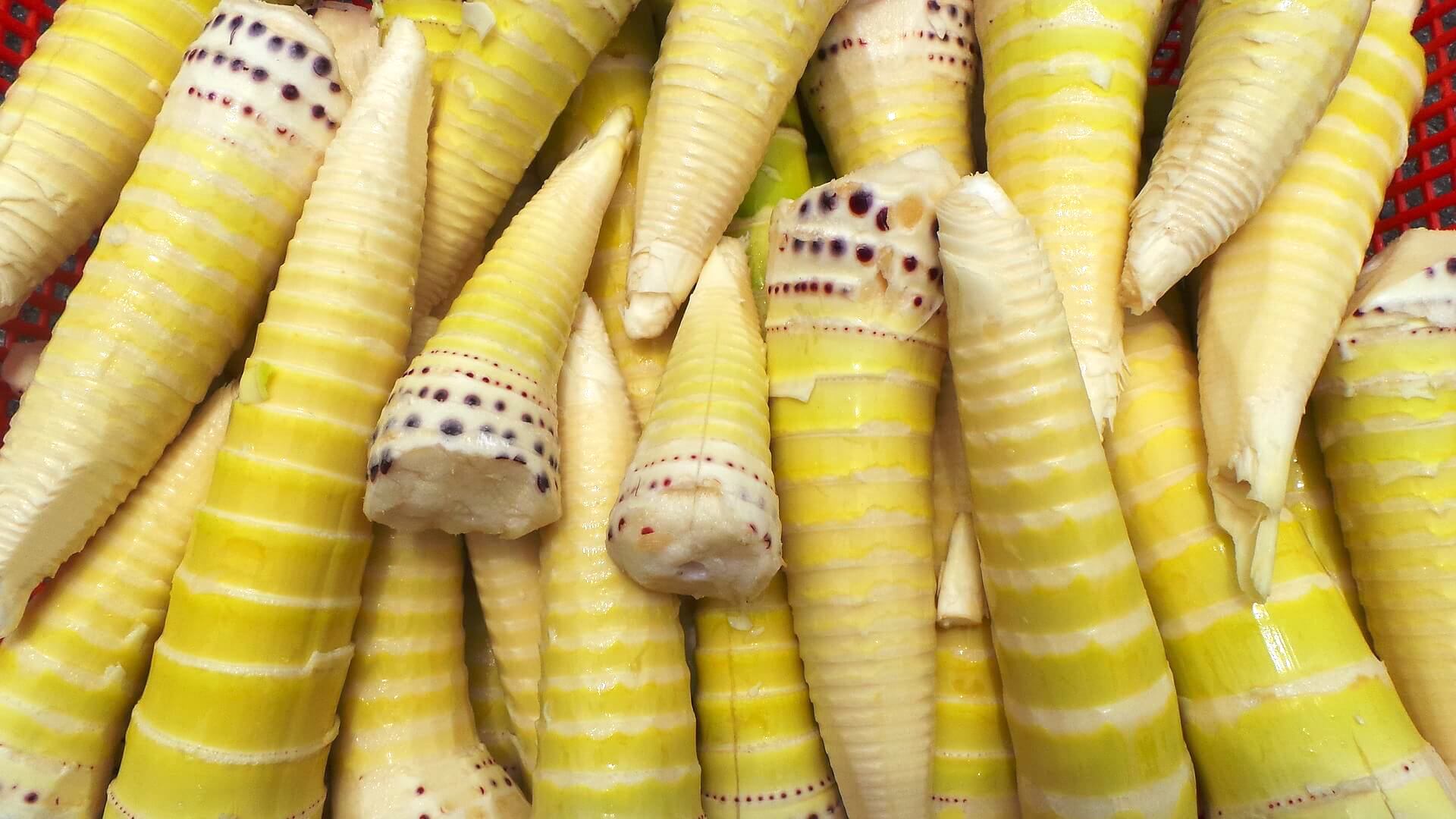
According to Traditional Chinese Medicine, we need to nourish our bodies with different foods each season, as our dietary requirements change with the weather. In spring, excessive humidity and dampness affects the circulation of qi and blood in our bodies, causing heaviness in our head and limbs and making us feel lethargic. This is why Chinese medical practitioners recommend that we eat foods that rid our bodies of all that extra dampness. Moreover, TCM puts forth that the liver and gallbladder are the organs of the season, meaning that foods eaten in spring should also support the two, besides addressing dampness. So what foods should you be eating this season? To make it easier for you, we’ve put together a ...
Read more
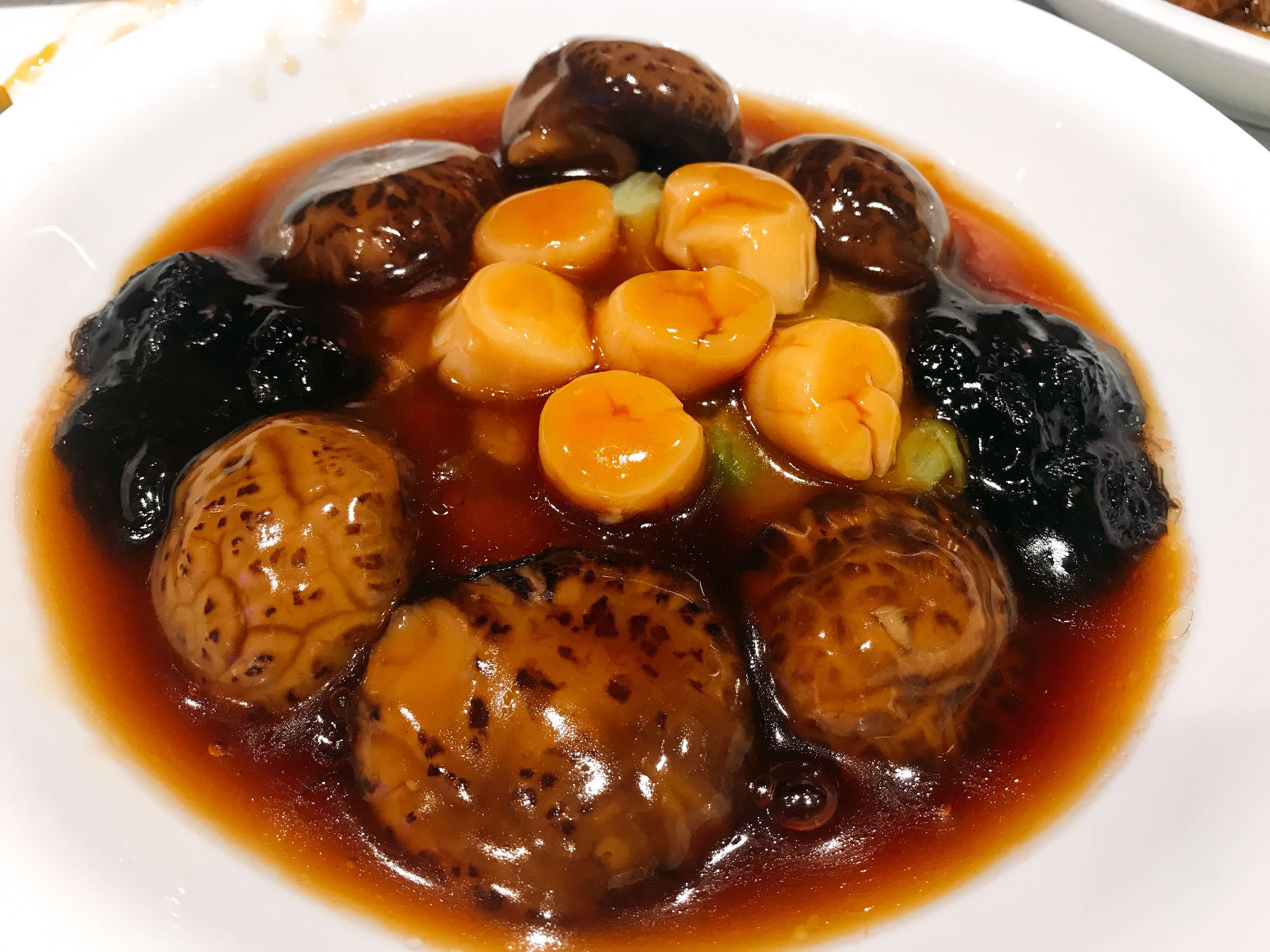
Imagine plates teeming with food and completely covering the dining table, small children running around the tiny, cramped apartment, adults huddled around the television, trying to block out the piercing voices of their sugar-high children – these are the essentials that make up a Chinese New Year’s Eve dinner. Also known as Tuen Neen Fan (團年飯) or reunion dinner, this feast is eaten the night before the first day of the Chinese New Year, and is when the entire family gathers to conclude the year together before a new beginning. The Chinese New Year’s Eve dinner plays a significant role in Chinese culture, and is one of the traditional events Chinese communities worldwide look forward to most. However, Chinese New ...
Read more
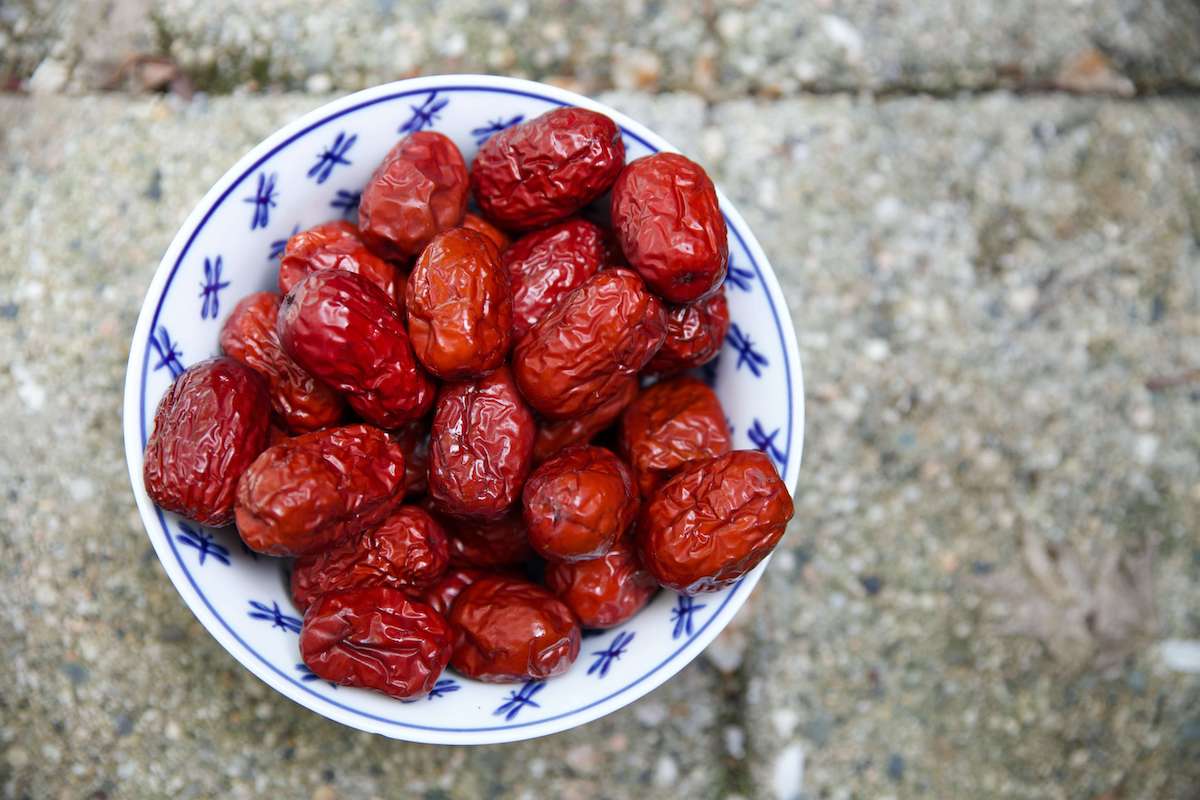
In Traditional Chinese Medicine (TCM), food is seen as medicine that helps to balance and heal our bodies. In summer, sugarcane juice and bitter melon cool us down, while snake soup and lamb warm us up in fall and winter. Besides warming and cooling effects, foods have also been discovered to offer other benefits such as strengthening the kidneys and improving sleep quality. We understand how difficult it is to figure out what foods offer what benefits, and when it is best to eat them. To help you get started on your wellness journey, we have put together a list of foods to eat in winter, with reference to the ancient wisdom of TCM. 1. Daikon radish Daikon radish comes ...
Read more
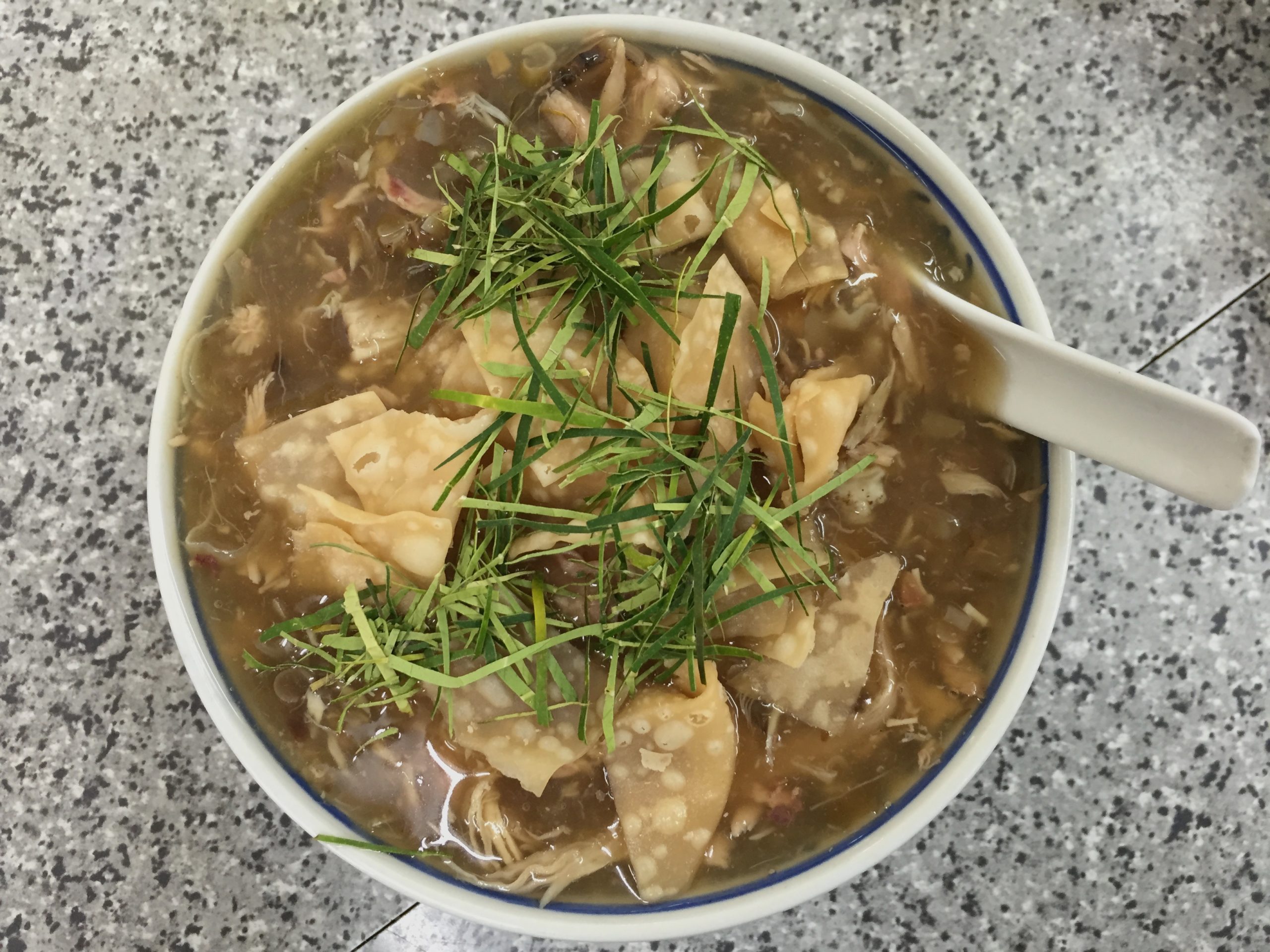
Food is seen as a form of medicine in Traditional Chinese Medicine (TCM). What we eat serves to harmonize our bodies, minds, and spirits. Ancient Chinese medical practitioners discovered that our dietary requirements change with the seasons, as our bodies’ needs differ depending on the weather and climate. In fall, the cool and dry weather affects our lungs the most, as it is the uppermost organ and especially vulnerable to the wind and cold. If you’ve been coughing, wheezing, or experiencing a sore throat more often than usual during fall, it may be due to weakening lungs. To make sure your lungs and body are at their healthiest despite the autumn weather, check out our list of 10 foods to ...
Read more
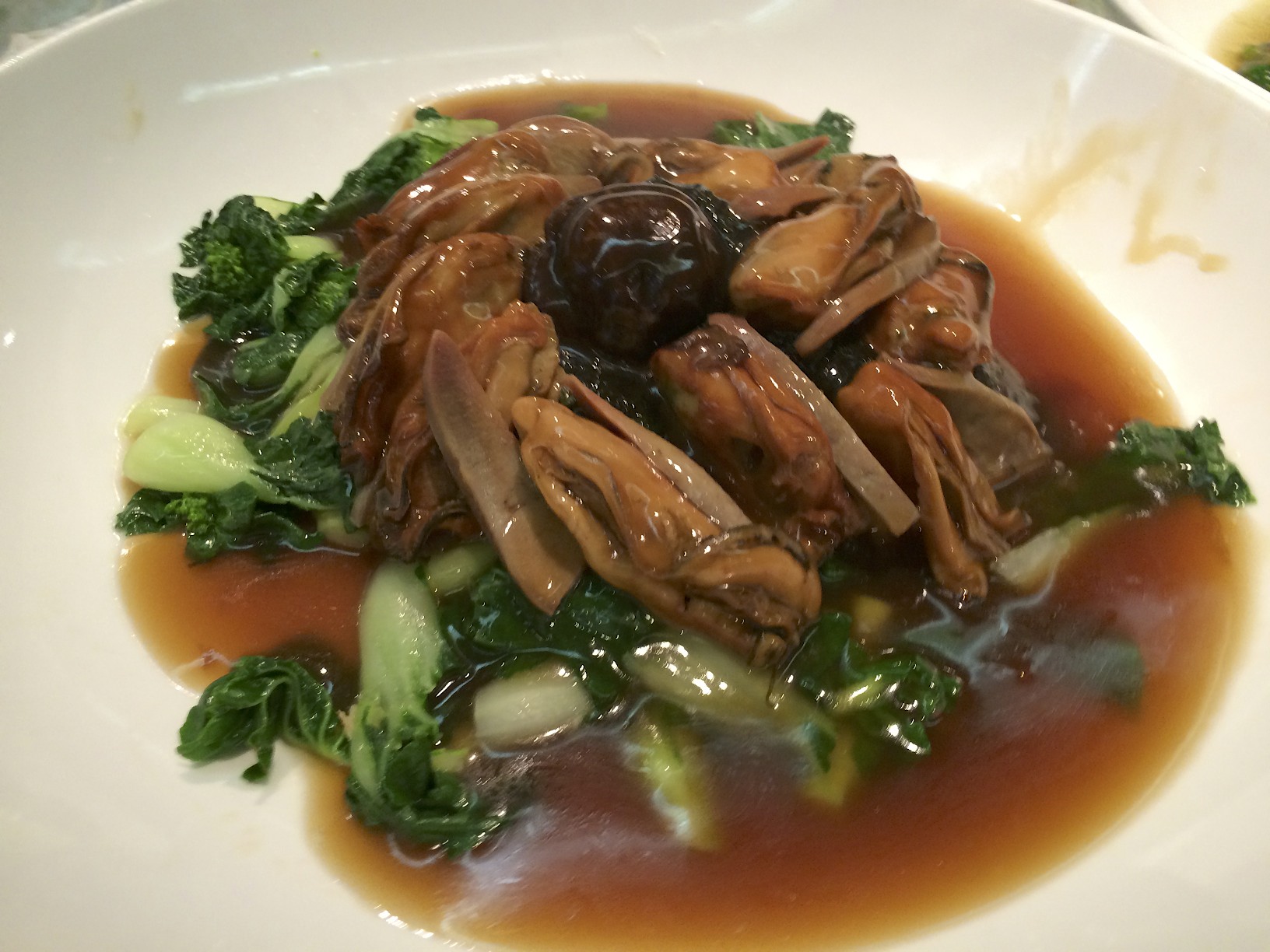
What else do we have as Chinese New Year Dish? Black Moss? Hair Vegetable? Get Rich? As mentioned in our previous blog post, homonyms are prevalent in Cantonese, especially with Chinese New Year festive greetings and with names of food served during this time of the year. This evening, we had one such dish — 發財好事 — literally translates as Be Prosperous, Great Things. Or more generally, it means great fortune. The dish features two main ingredients. One is 髮菜, literally translated as “hair vegetable” is black moss, but it is phonetically pronounced like 發財 (Be Prosperous). Another ingredient is 蠔豉, or dried oysters, which sounds like 好事, or great things. It is believed that having this dish will bring lots ...
Read more
Do you know what are the green things that are hung? They are fresh tangerine peel hung outdoors to dry, eventually turning brown in color. Like many good wines, the dried tangerine peel’s flavor intensifies as it ages. The better it becomes, the more expensive it is as well. Dried tangerine peel is often used as seasoning or Chinese medicine. What is your favorite dish that contains dried tangerine peel?
Read more









